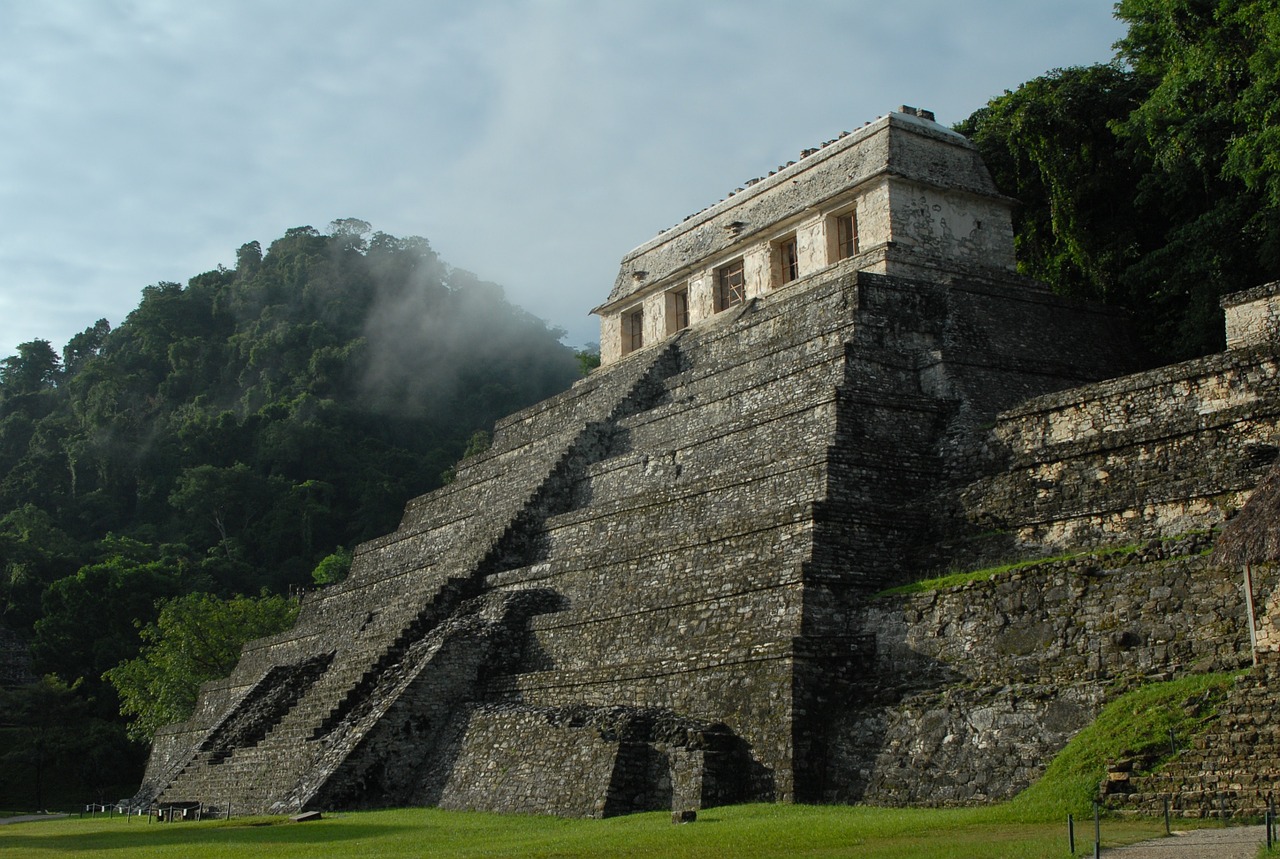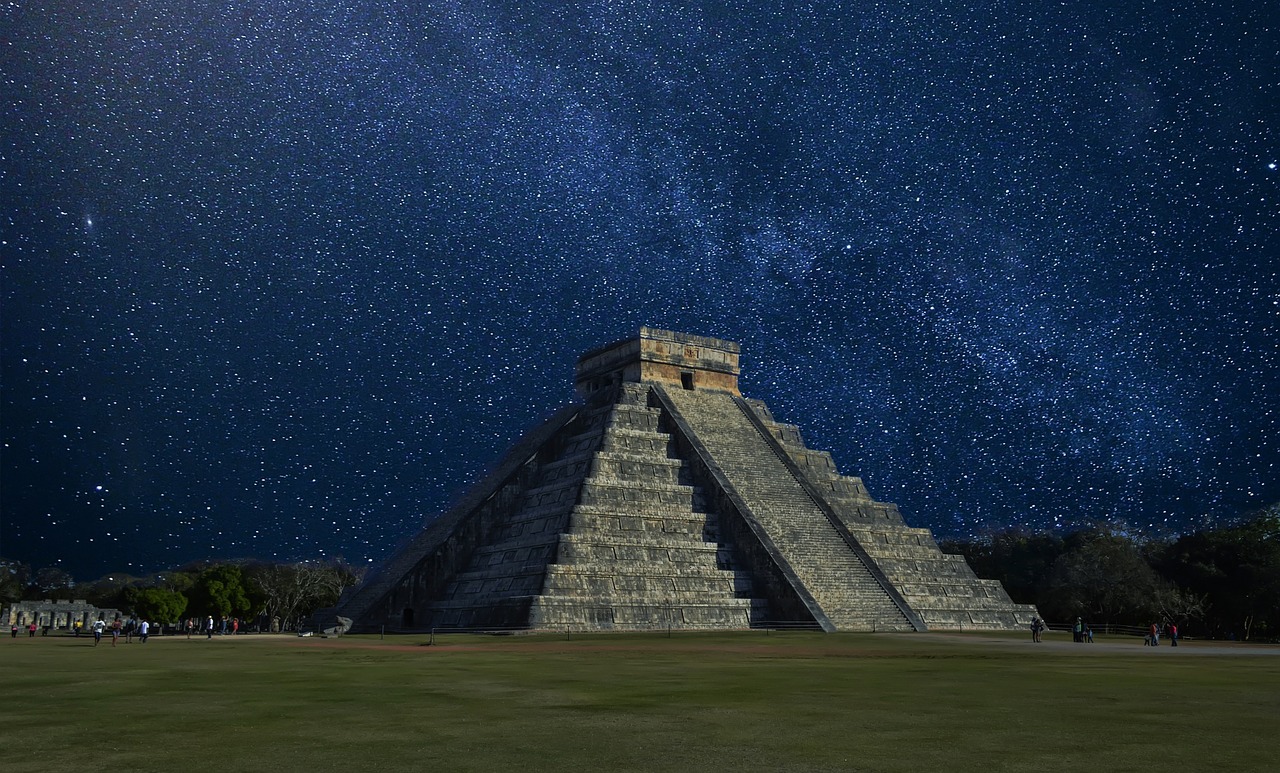
A supplementary agreement to the migration agreement with the US causes a dispute in Mexico. The Mexican Foreign Minister Marcelo Ebrard denied yesterday that his US government had agreed to a third-party regulation under US pressure. Rather, the document merely provides for consultation on a „binding bilateral agreement“ for the withdrawal of refugees from third countries.
But that was by no means a settled thing, said Ebrard. The Foreign Minister had to face opposition questions in Congress after his government made the amendment to the US public. US President Donald Trump had repeatedly suggested that, in addition to the migration agreement, a „secret“ arrangement had been agreed with the Mexican government.
„No mandatory“ agreement
Ebrard emphasized, however, that the supplementary agreement was by no means a binding agreement. The document calls on Mexico to agree to the withdrawal of third-country refugees who have arrived in the United States via its territory. This applies in the event that the US comes to the conclusion after a 45-day deadline that Mexico has not been able to curb migration sufficiently.
Secretary of State Ebrard, however, made it clear that such a decision must be taken by the Mexican Senate. The third-country regulation was a central requirement of the US side in the negotiations between the two countries. Such a rule would mean that Central American citizens should not apply for asylum in the US after passing through Mexico. Instead, they would have to ask for asylum in Mexico, as this country would be classified as a „safe third country“ in which the refugees would not face persecution.
Escape from poverty and violence
Mexico signed an agreement with the US on June 7 to use 6,000 national guards on its southern border to fight illegal immigration. After 45 days, an interim report on the new migration policy is planned. Depending on the developments, a revision of the asylum law in Mexico could then be undertaken.
Mexico had with its commitments in immigration policy punitive duties repulsed that Trump had threatened in the event of lack of courtesy. The agreement aims to reduce the number of Central Americans arriving in the US via Mexico. These are mostly migrants from El Salvador, Guatemala and Honduras, fleeing poverty and violence in their countries.



